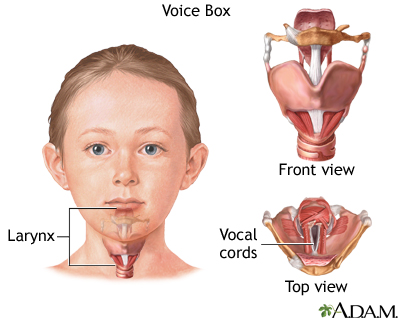
1.Smoking is injurious not just to overall health; it is particularly bad for vocal cords as well. Quit smoking to keep the voice normal.
2.Those who have hoarseness should avoid exposure to passive or second-hand smoke even if they do not smoke themselves.
3.Hoarseness can also result from dehydration so drink water and other hydrating fluids but minimize consumption of caffeine and alcohol.
5.Avoid spicy foods.
6.Do not speak too loud and do not speak for long stretches in one go.
7. Go to an ENT specialist if the hoarseness persists.
1.He will first take a detailed history of the hoarseness problem and overall health.
2.Next, the physician will conduct a physical examination of the voice box and the adjacent area, using either a mirror or a laryngoscope. A laryngoscope is a compact and flexible instrument equipped with an integrated light source, allowing it to be inserted at the rear of the throat.
3.Next, he will assess the voice quality.
4.Depending on the findings of the physical investigation, the ENT physician may prescribe simple precautions or ask for lab tests (e.g. biopsy), x-rays, or thyroid function testing.
1. In most cases, hoarseness can be relieved by resting the voice.
2.Smokers will be advised to quit smoking along with resting their voice.
3.Second-hand smoke is also to be avoided
4.If the investigations have revealed nodules or polyps on the vocal folds, the doctor may recommend a surgery.